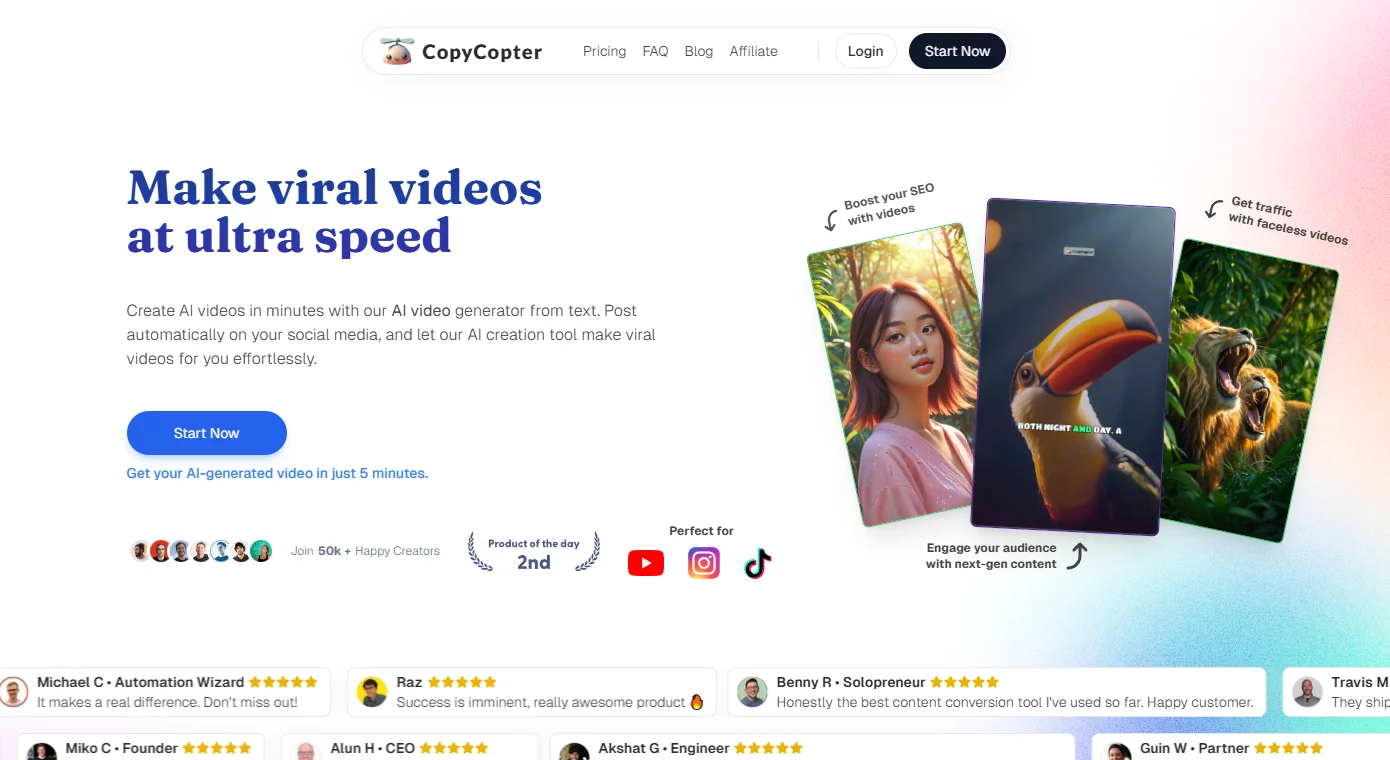News Industry Relies on AI to Stay Relevant
Yesterday, Microsoft announced its collaboration with multiple news organizations to educate their journalists on the workings of artificial intelligence tools. The training seminars will assist transcribers from Semafor, The GroundTruth Project, and other media outlets in improving their reporting, research, and writing.
According to a recent survey by the London School of Economics, artificial intelligence has become an indispensable part of journalists' work, with the majority of respondents using AI in some capacity.
Larger organizations are building their own AI systems instead of relying on third parties. The New York Times recently announced its prototype designs for using AI and other machine learning technologies to aid in reporting. Interestingly, last week, The New York Times posted job listings for engineering and editorial positions.
In addition, Bloomberg, Reuters, BBC, and other institutions have been using AI models as better research tools for journalists, analyzing consumer engagement behavior, streamlining workflows, and even conducting sentiment analysis on articles. These organizations utilize NLP libraries for low-level text parsing tasks such as tokenization, chunking, parsing, and even sentiment analysis.
Many startups are also building websites that provide quick summaries of news, such as Infobot.ai, which uses AI to transform unstructured data like council records, crime reports, and expert interviews into readable news stories.
While larger companies are conducting experiments, startups are striving to establish themselves in this new field.
Rotem Weiss, the creator of GPT Newspaper, said, "Regardless, news websites must be equipped with AI tools to retain their readership."
The Future of News
No one wants to be left behind. The New York Times is suing OpenAI for allegedly stealing their data but remains enthusiastic about building their own AI applications. Last October, the BBC, which previously blocked OpenAI from scraping its website, announced that it was "launching a series of projects exploring the use of GenAI."
While some large organizations are trying to maintain autonomy, other organizations like Axel Springer and Associated Press have partnered with OpenAI. "There are even more compelling reasons for payment for LLM results that are relevant to current affairs," explained Anya Schiffrin, the director of the Columbia University Media Program.
She added that if the opinions of news publishers are not taken into account, generative AI cannot provide news results and should pay for the information written by journalists. Most news websites operate on a subscription model or run advertisements, so they do not want readers to go elsewhere for the same information.
Humans and Artificial Intelligence
While large companies adhere to human-written news standards, it is challenging for AI-generated news sources to maintain the same standards.
GPT Newspaper was born out of a collaboration between Tavilly and LangChain. Weiss said, "The idea was to showcase the potential of a new way of consuming news."
However, he emphasized that this is still an early-stage idea and mentioned several obstacles in implementing such a project. "One is the issue of compensation, and another, more significant issue is avoiding illusions or errors. This is also one of the reasons why news startups in this field need time to truly succeed."
Artifact, a personalized news delivery platform that utilized machine learning to understand readers' interests, shut down last month due to low user engagement. They are not alone, as similar platforms like Smartnews are also struggling to retain users.
According to a report by Statista, people do not trust AI-generated news. The report also highlights that since 2016, social media has become the least trusted news source globally. "Despite these issues, AI offers many useful and time-saving tools that, if used correctly, will make you a more efficient journalist," posted the World Editors Forum on X.
Trusted media companies need to keep up with these developments because while these technologies are just tools, they help journalists do their work better. These companies are embracing AI, touching various aspects from educating journalists to utilizing AI for trend analysis.
The motivation is clear - to stay competitive and relevant in an era where speed and accuracy are crucial. Media organizations that hesitate to integrate AI risk losing their audience to more technologically savvy competitors.








